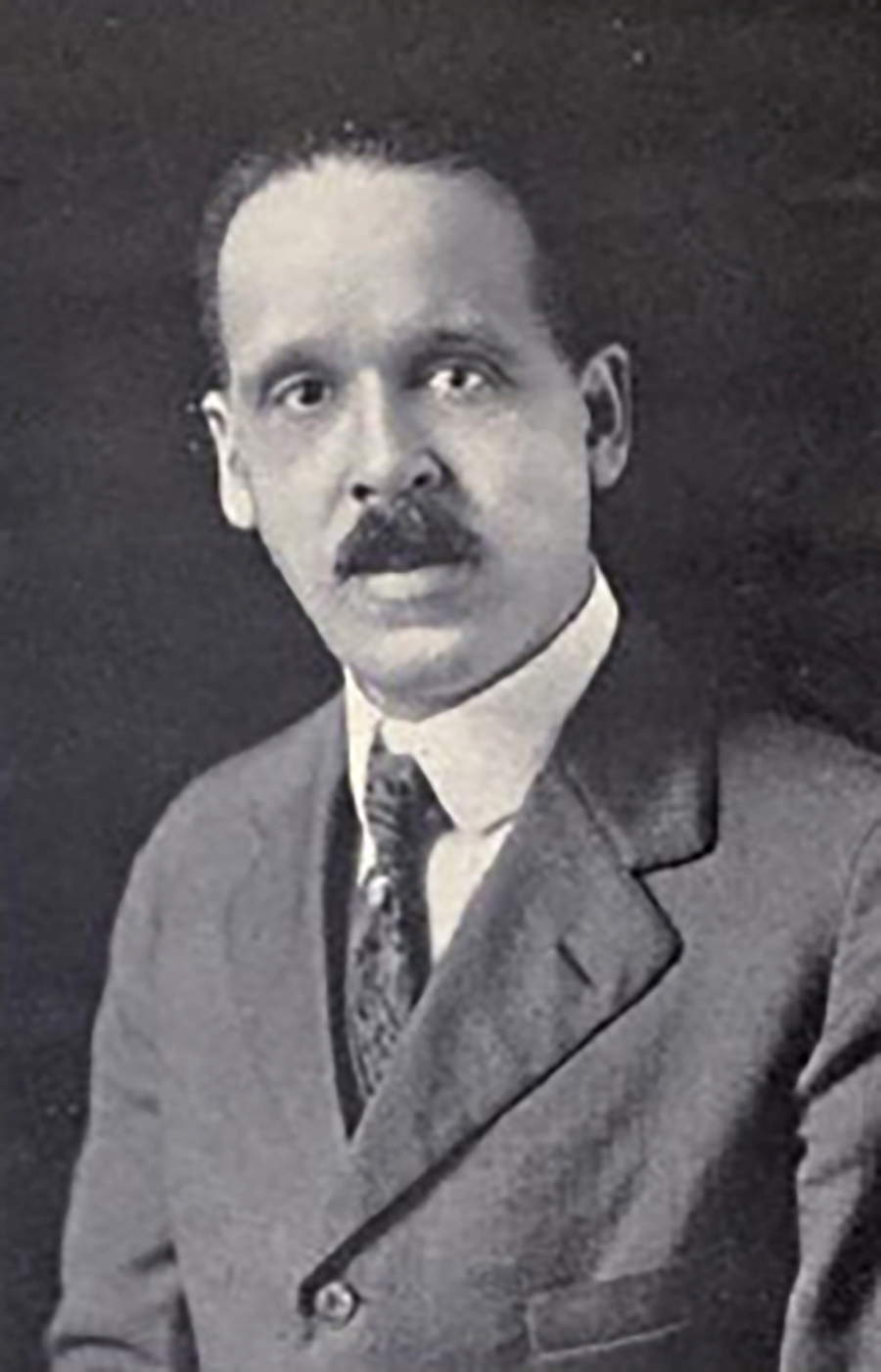Notable Alums

Specialty: Internal Medicine
Graduation Year: 1893
Albert Johnson
Albert Johnson, M.D., graduated from the Detroit College of Medicine in 1893. His father, Levi Johnson, M.D., graduated from the University of Heidelberg, Germany.
Johnson, a native of Windsor, Canada, relocated to Detroit around 1870 with his family. He attended public school in Detroit and graduated from Detroit High School and the Detroit College of Medicine. He was considered one of Detroit’s better-known physicians of either race, and attended to the medical needs of both white and African-American families.
Dr. Johnson practiced medicine in Detroit, and along with his brother, William Johnson, D.D.S., who graduated from the Detroit College of Medicine Dental Department in 1901. The brothers opened and ran a pharmacy. Dr. Johnson was not allowed to admit or treat patients in Detroit’s white hospitals. When his patients had to be admitted, they were assigned to white residents, hospital staff or white colleagues. His white patients appreciated his medical knowledge and his professional mannerism, and returned to his care after discharge.
In 1895, the National Medical Association, the nation’s oldest and largest organization representing African-American physicians and health professionals, was founded.
Dr. Johnson, like many African-American physicians around the country, tried to overcome the racial inequalities of the medical system by seeking membership and the support of the American Medical Association, admitting privileges to their local hospitals, and admission into the internship and residency program. With little recourse and no support from the American Medical Association, the NMA formed. In 1917, a group of black physicians, pharmacists, dentist, and other allied health physicians came together to form the Allied Medical Society, the precursor to today’s Detroit Medical Society.
Dr. Johnson played a major role in the founding of the Allied Medical Society and implementing its mission. He went on to be one of the founders of the first African-American non-profit hospital in Detroit, Dunbar Hospital, in 1918. Under the leadership of men like Dr. Albert Henry Johnson, Detroit went on to become the Negro Hospital Capital of America, with more Negro hospitals than any other city in America.
One-hundred years after Dr. Johnson graduated from the Detroit College of Medicine, his great- granddaughters, twins Kelly and Kimberly Colden, graduated from the Wayne State University School of Medicine in the 1993.
Johnson, a native of Windsor, Canada, relocated to Detroit around 1870 with his family. He attended public school in Detroit and graduated from Detroit High School and the Detroit College of Medicine. He was considered one of Detroit’s better-known physicians of either race, and attended to the medical needs of both white and African-American families.
Dr. Johnson practiced medicine in Detroit, and along with his brother, William Johnson, D.D.S., who graduated from the Detroit College of Medicine Dental Department in 1901. The brothers opened and ran a pharmacy. Dr. Johnson was not allowed to admit or treat patients in Detroit’s white hospitals. When his patients had to be admitted, they were assigned to white residents, hospital staff or white colleagues. His white patients appreciated his medical knowledge and his professional mannerism, and returned to his care after discharge.
In 1895, the National Medical Association, the nation’s oldest and largest organization representing African-American physicians and health professionals, was founded.
Dr. Johnson, like many African-American physicians around the country, tried to overcome the racial inequalities of the medical system by seeking membership and the support of the American Medical Association, admitting privileges to their local hospitals, and admission into the internship and residency program. With little recourse and no support from the American Medical Association, the NMA formed. In 1917, a group of black physicians, pharmacists, dentist, and other allied health physicians came together to form the Allied Medical Society, the precursor to today’s Detroit Medical Society.
Dr. Johnson played a major role in the founding of the Allied Medical Society and implementing its mission. He went on to be one of the founders of the first African-American non-profit hospital in Detroit, Dunbar Hospital, in 1918. Under the leadership of men like Dr. Albert Henry Johnson, Detroit went on to become the Negro Hospital Capital of America, with more Negro hospitals than any other city in America.
One-hundred years after Dr. Johnson graduated from the Detroit College of Medicine, his great- granddaughters, twins Kelly and Kimberly Colden, graduated from the Wayne State University School of Medicine in the 1993.